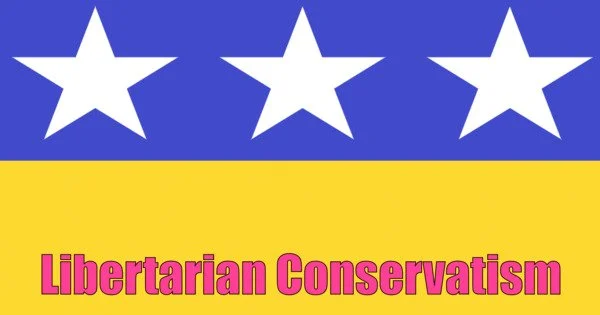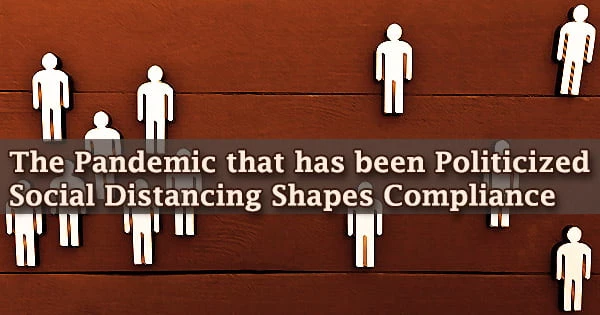Conservative libertarianism, also known as conservatarianism, is a political philosophy that combines conservatism and libertarianism, representing the libertarian wing of conservatism and vice versa. Because of their emphasis on personal freedom, libertarian conservatives frequently hold social positions opposing those of social conservatives.
Libertarian conservatism advocates the greatest economic liberty and the least amount of government regulation of social life, similar to laissez-faire classical liberalism, but with a belief in a more socially conservative philosophy emphasizing authority, morality, and duty. Libertarian conservatism, which originated in the United States, prioritizes liberty by promoting free expression, freedom of choice, and free-market capitalism to achieve conservative goals while rejecting liberal social engineering.
Libertarian conservatism adheres to the libertarian concept of free-market capitalism, which advocates for little to no government intervention in the market. Several libertarian conservatives support Austrian School economics and oppose fiat money. Libertarian conservatives also favor privatizing services traditionally run or provided by the government, such as airports and air traffic control systems, as well as toll roads and toll booths. Libertarian conservatism advocates economic liberty in product and capital markets, as well as consumption, while opposing collective action, collective bargaining, and labor organization in general.
History
In the 1950s, Frank Meyer, a prominent contributor to the National Review, called his own combination of libertarianism and conservatism fusionism.
California Governor Ronald Reagan appealed to libertarians in a 1975 interview with Reason, saying, “I believe the very heart and soul of conservatism is libertarianism.” Ron Paul was one of the nation’s first elected officials to endorse Reagan’s presidential campaign, and he actively campaigned for Reagan in 1976 and 1980. However, after Reagan’s election in 1980, Ron Paul quickly became disillusioned with the Reagan administration’s policies, recalling being the only Republican to vote against Reagan budget proposals in 1981, aghast that “in 1977, Jimmy Carter proposed a budget with a $38 billion deficit, and every Republican in the House voted against it.” In 1981, Reagan proposed a budget with a $45 billion deficit—which turned out to be $113 billion—and Republicans were cheering his great victory.
They were living in a storybook land.” Ron Paul expressed his disgust with the political culture of both major parties in a speech delivered in 1984 upon resigning from the House of Representatives to prepare for a failed Senate run, and eventually apologized to his libertarian friends for having supported Reagan. By 1987, Ron Paul was ready to sever all ties to the Republican Party, as explained in a blistering resignation letter.
















